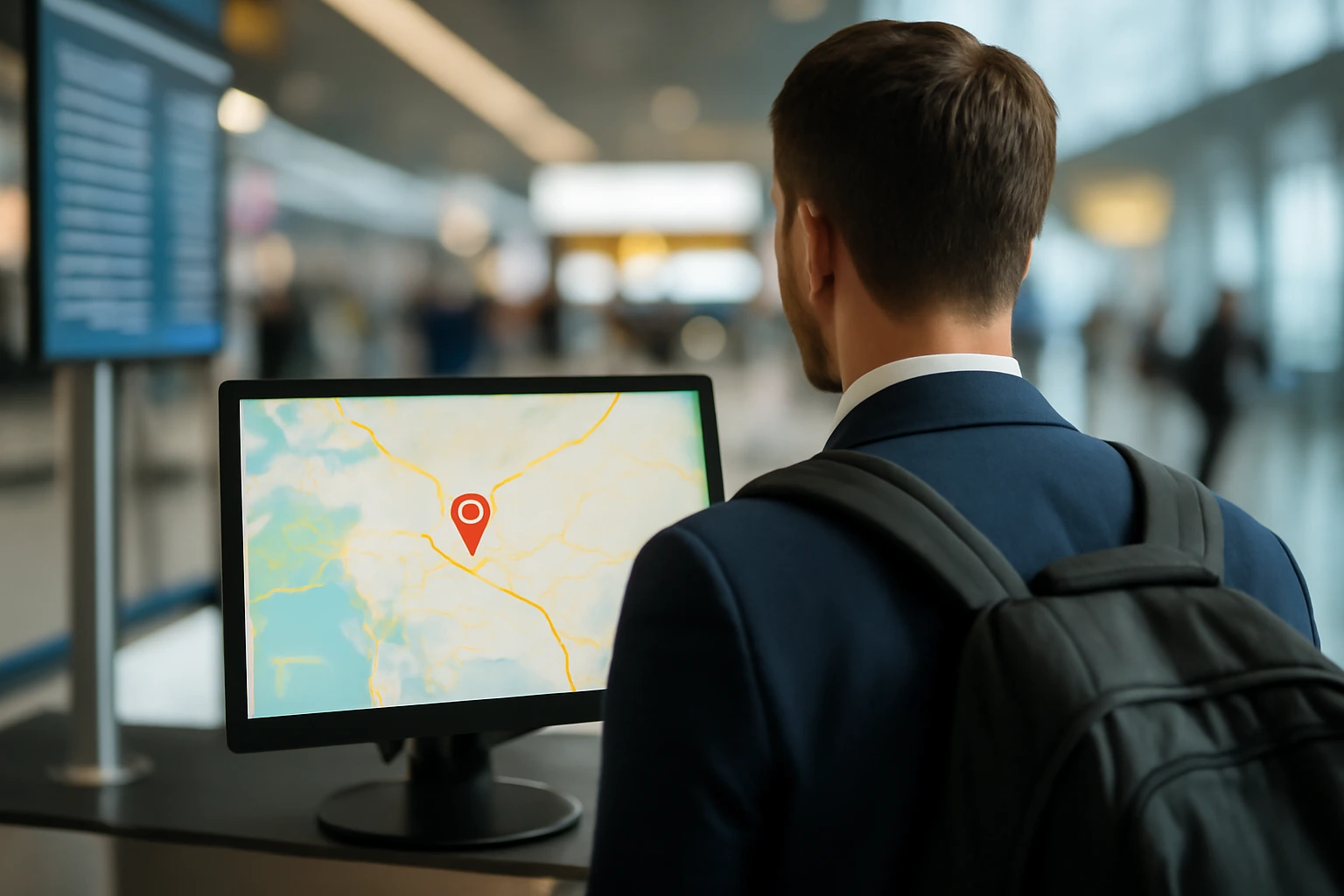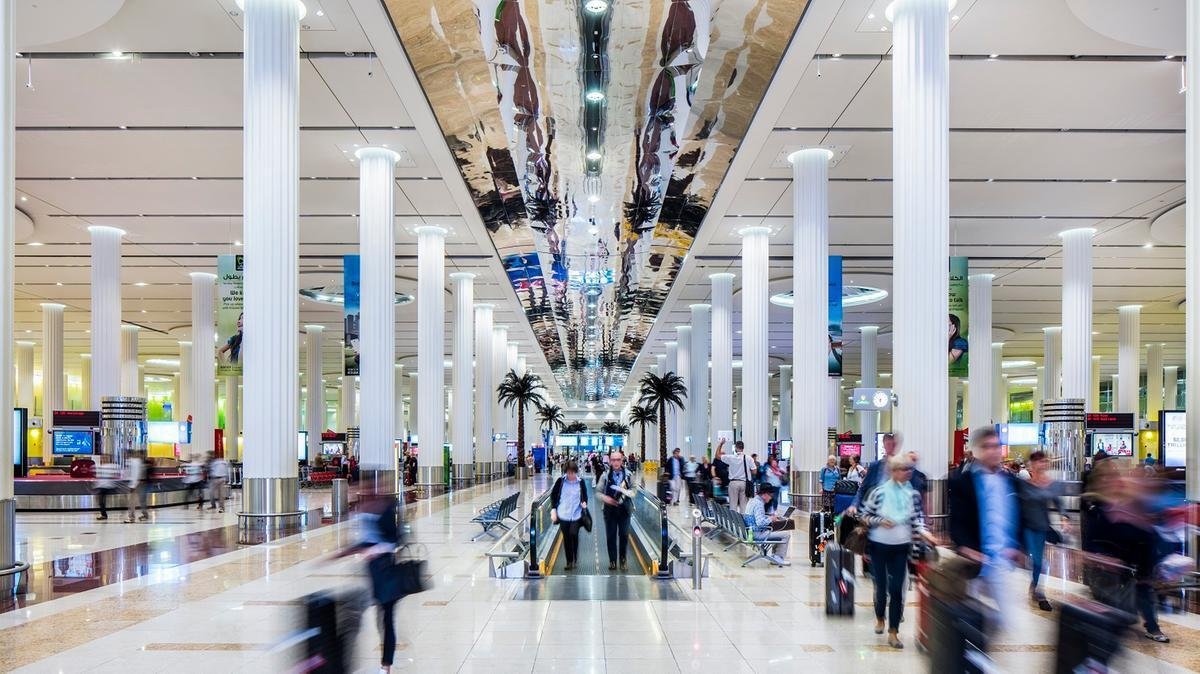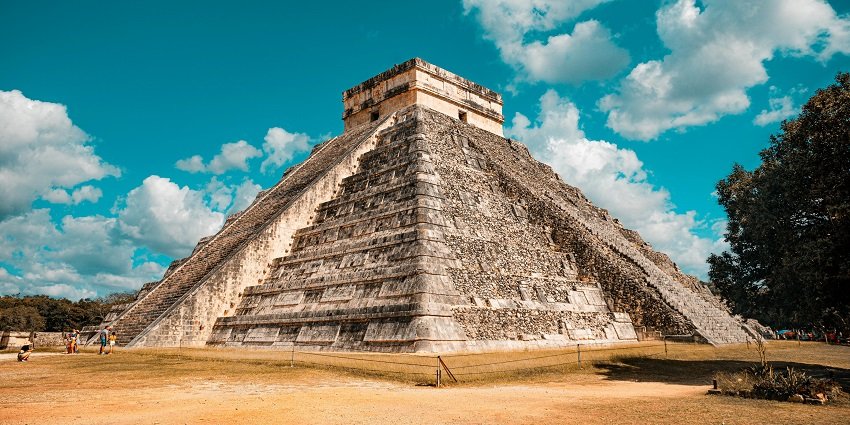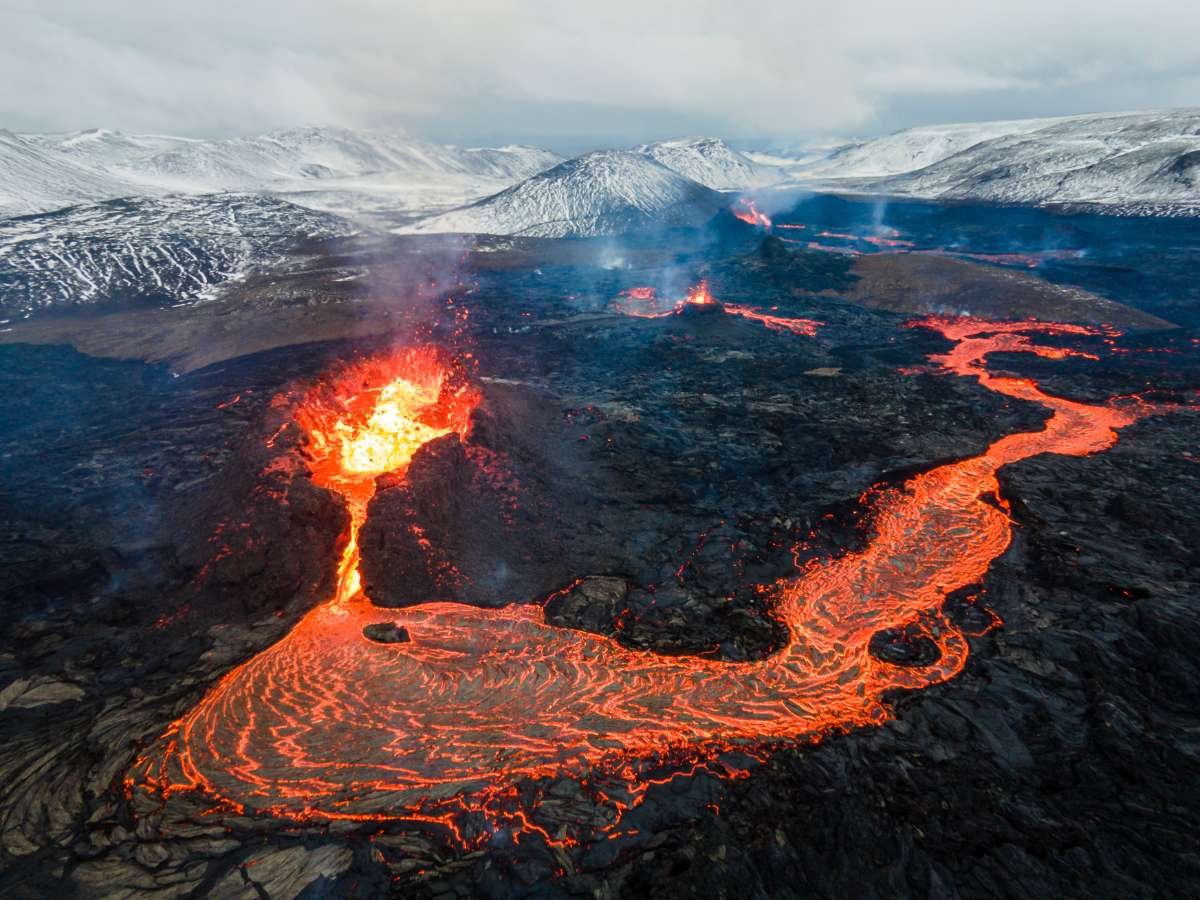When you travel, your safety should be a top priority. Today, many companies offer advanced technology and services to track your location, ensuring that you’re safe no matter where you go. Whether you’re exploring a new city, going on a hiking adventure, or traveling for business, these systems can provide real-time data to help you in an emergency and improve overall safety.
But you may be asking yourself, “Why do companies keep track of my location for travel safety, and how does it work?” In this article, we’ll break down everything you need to know about location tracking for travel safety, why it’s important, and how it can protect you during your travels. We’ll also explore the technology behind it, benefits, common challenges, and real-life examples to help you understand how it works and why you might want to consider using these services.
Note
Important Note: This Article is for Informational Purposes Only
Please note that this article is meant solely to inform and educate readers about the various ways companies track your location for travel safety. The content provided is not intended to promote or sell any specific services or products. Our goal is to offer valuable insights that can help you make informed decisions about your travel safety.
We believe that knowledge is power when it comes to ensuring your safety while traveling, and we encourage you to research and choose the services that best meet your individual needs.
What Does “Company Keeps Track of My Location for Travel Safety” Mean?
Location tracking refers to the ability of a company or service to monitor and record your geographical position during your travels. This is often done using GPS technology, mobile apps, and other monitoring systems. Companies providing these services may include airlines, travel insurance providers, emergency response systems, or specialized safety apps.
By tracking your location, these services can help in several ways, such as:
- Providing assistance during emergencies (lost, hurt, or in danger).
- Sending alerts for hazardous locations (like areas with high crime rates or natural disasters).
- Assisting with insurance claims in case of a problem.
- Offering real-time data for loved ones or employers to ensure you’re safe.
Why Is It Important for Companies to Track Your Location While Traveling?
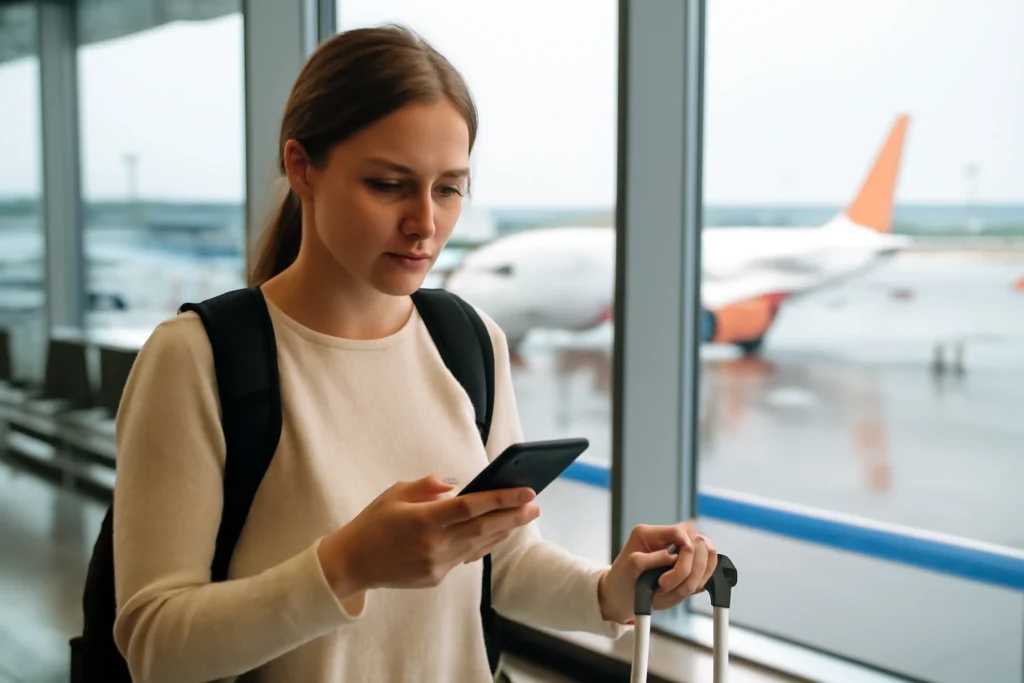
Location tracking serves several critical purposes that are invaluable for travelers:
Ensuring Your Safety in Remote Locations
When traveling to unfamiliar or remote areas, knowing your exact location can be a lifesaver. Whether you’re hiking in a remote national park or traveling in a foreign country, having access to real-time tracking data allows companies to offer timely help should something go wrong.
Real-Time Support in Emergencies
Many location tracking services are tied to emergency response systems. If you’re involved in an accident or find yourself in danger, a tracking system can immediately alert local authorities or emergency services to your location.
Peace of Mind for Family and Friends
Traveling can be nerve-wracking for both the traveler and their loved ones. When your location is tracked, friends, family, or employers can have peace of mind, knowing they’ll be alerted if something goes wrong.
How Do Companies Track My Location for Travel Safety?
Tracking your location for travel safety generally involves a combination of several technologies:
GPS Technology
Most smartphones, wearables, and travel apps come equipped with built-in GPS systems, which allow companies to pinpoint your exact location. GPS is the most commonly used method because it’s precise and widely available.
Mobile Apps and Travel Insurance
Many travel insurance providers have integrated mobile apps that enable you to share your location during travel. Some insurance policies also come with built-in location tracking to help in case of emergencies, offering services such as immediate medical evacuation or sending alerts to your designated contacts.
IoT Devices and Wearables
In some cases, travelers use IoT devices like smartwatches, wearable trackers, or travel-specific devices that are capable of tracking location. These devices sync with apps or cloud services to keep track of the traveler’s movements.
Communication with Local Authorities
In certain cases, companies may collaborate with local authorities or emergency services, using location data to send immediate alerts or provide necessary support to travelers in real-time.
Benefits of Location Tracking for Travel Safety
Location tracking isn’t just for emergencies. Here are some additional benefits:
Enhanced Security
Having your location tracked ensures that if you’re in an unsafe area or experiencing a distressing situation, help can be deployed instantly. For example, if you wander into a high-risk neighborhood, your travel safety app can warn you.
Improved Travel Planning
Knowing where you are and what’s nearby can help you make better decisions about your travel routes and activities. Some apps even suggest safer or more efficient routes, ensuring you avoid dangerous areas.
Easy Reconnection with Lost Items or People
If you lose track of your belongings or companions, location tracking can help find them. This is especially useful during group travels or if you have valuable items such as electronics or luggage.
Common Challenges with Location Tracking for Travel Safety and Solutions
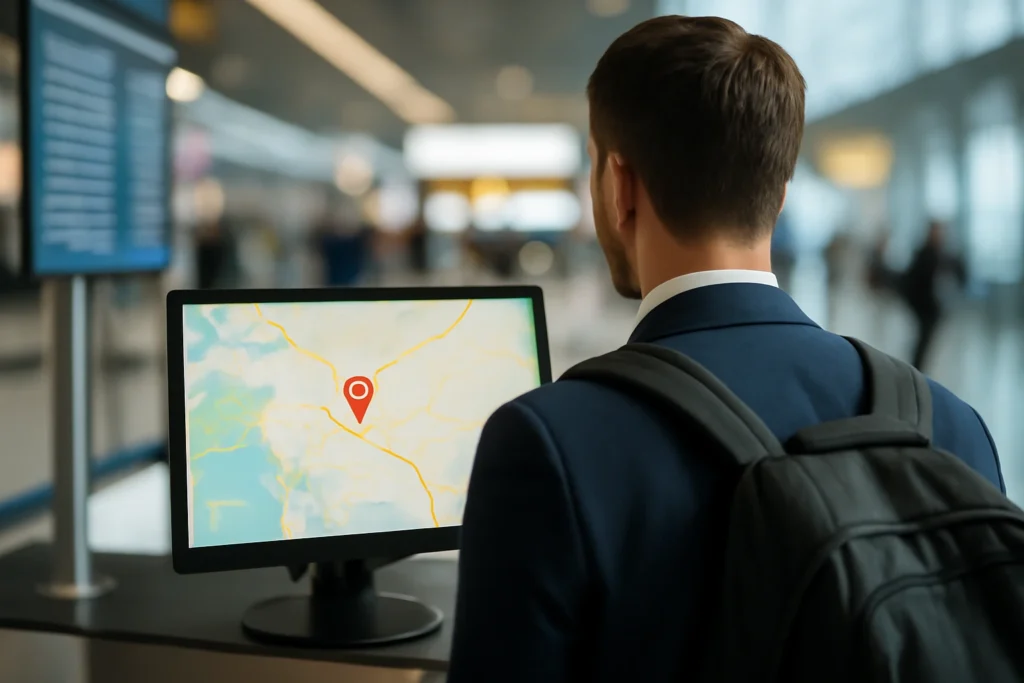
While the benefits are clear, there are also some challenges:
Privacy Concerns
One of the biggest concerns travelers have is the potential invasion of privacy. Many are uncomfortable with the idea of their every move being tracked. To solve this, companies must be transparent about how data is collected and offer privacy settings that give users control over what’s shared.
Battery Life and Data Usage
Constantly tracking your location can drain battery life and use up significant amounts of data, especially in remote areas. Many travel safety apps mitigate this by offering battery-saving modes or offline functionality when needed.
Misuse of Data
There’s always a risk that location data could be misused. To minimize this, companies should have strict data protection policies, encryption, and ensure that the information is only used for its intended purpose—travel safety.
Real-World Examples of Location Tracking in Travel Safety
Example 1: Global Rescue
Global Rescue provides emergency services to travelers worldwide. Their app tracks users’ locations to provide immediate assistance in cases of medical emergencies, evacuations, or even natural disasters. They also offer peace of mind by sharing users’ real-time locations with their family members.
Example 2: Travel Insurance Providers
Travel insurance companies like Allianz or AIG offer apps that track your location for safety purposes. They can provide travel alerts, notify you of changes in local weather conditions, and direct you to safer areas during emergencies.
Mistakes to Avoid When Using Location Tracking Services
Not Understanding the Terms of Service
It’s important to carefully review the terms of service when using a location tracking service. Many users fail to fully understand what data is being tracked and who has access to it.
Over-Reliance on Tracking Apps
While location tracking apps are useful, relying on them solely can be risky. Always have backup plans like printed maps or offline resources, in case your device dies or loses signal.
Why Location Tracking Is a Travel Safety Must-Have
Location tracking services are an invaluable tool for anyone who wants to stay safe while traveling. They provide not only peace of mind but also practical safety features that can protect you in emergencies and help others find you in case you get lost or need help.
If you haven’t already, consider using one of the many travel safety apps or services available to ensure you’re covered. It’s a small step that can make a world of difference when it comes to your safety.
Call to Action:
If you’re preparing for your next adventure, don’t forget to explore the many ways companies can keep track of your location to ensure your safety. Check out the top-rated travel safety apps and start planning with confidence today.
FAQ:
Q: Are my privacy and personal data protected when companies track my location for safety?
A: Yes, most reputable companies take privacy seriously. They use encryption and ensure your data is only accessible to authorized parties. Be sure to read the privacy policy and settings options of any app or service you use.
Q: What happens if my phone battery dies while using location tracking?
A: Many tracking services have offline modes or battery-saving options. It’s also a good idea to carry a portable charger during long trips.
Q: Do I need to pay for location tracking services for travel safety?
A: While some services are free, others—especially those tied to insurance or emergency response—may require a subscription or purchase.

